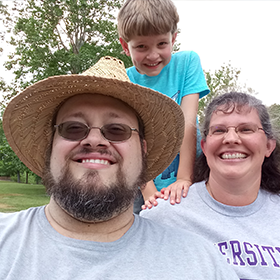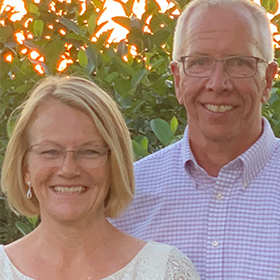A: The Foundation does not charge you a fee to go through the gift planning process. Think of it as a benefit to you as an LCMS member (the Foundation is an LCMS entity, similar to LCEF or Concordia Plan Services). In short, there’s no bill and you will never need to write us a check or make any payment to go through the gift planning process. Any costs (excluding attorney fees) come out of the gifts themselves and are not paid by donors.
Depending on the financial vehicles you choose, there may be fees that are paid from the gifts or fees on the interest those investment vehicles generate. For example, if the Foundation manages an endowment you create, it will earn interest each year, and the Foundation will charge a fee annually to invest and manage the endowment. Our fees are similar (although usually lower) to fees you might incur investing in an IRA or that are incurred when working with a financial planner. Fees vary based on the type of financial vehicle you choose. Your gift planning counselor can provide you with the exact amount.
Finally, estate planning requires specialized knowledge and skill. There is no replacement for competent legal counsel. Although the Foundation has attorneys on staff, they cannot provide you independent legal counsel. If you do not have an attorney your gift planning counselor will provide a list of attorneys in your area that others have used. Attorney fees vary, and the Foundation always recommends obtaining an explanation and estimate of the cost before engaging an attorney. Our gift planning counselors will also accompany you, at no charge, to meet with your attorney, if you wish. Having your counselor in the meeting can help expedite the process and minimize the hours needed (and billed) by your attorney.






